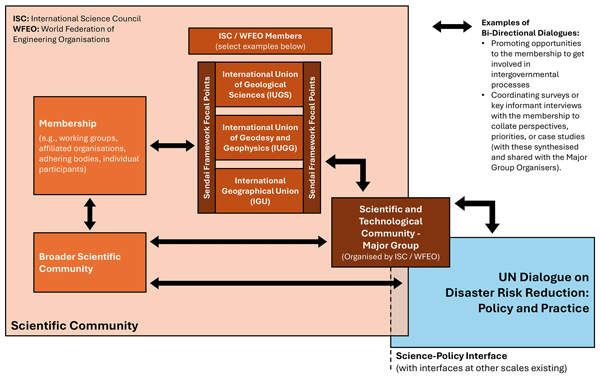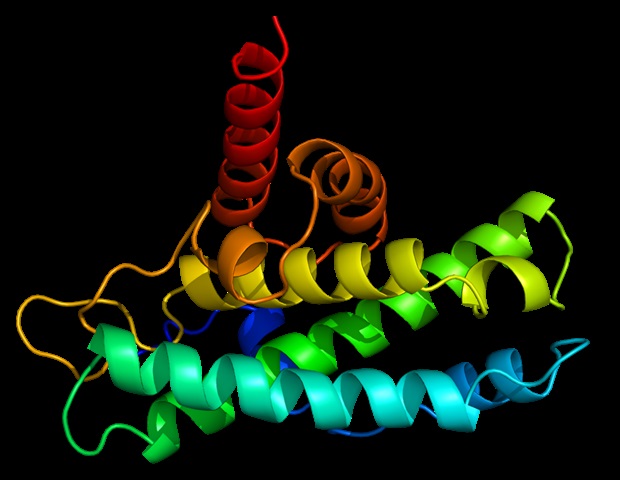
The pinnacle of Australian scientific achievement was celebrated on September 4, 2025, as the Australian Museum Eureka Prizes awarded 19 top scientists for their groundbreaking work. From forensic science breakthroughs to using octopus DNA for climate research, this year’s winners have pushed the boundaries of knowledge and innovation.
The event, held in Sydney, recognized distinguished individuals and teams, including Distinguished Professor Ian Paulsen from Macquarie University for Leadership in Science, and Dr. Aaron Eger from UNSW and Kelp Forest Alliance for Emerging Leader in Science. The PINK1 Parkinson’s Disease Research Team from the Walter & Eliza Hall Institute took home the prize for Scientific Research, while Flinders University and Forensic Science SA were honored for Excellence in Forensic Science.
Recognizing Excellence Across Diverse Fields
Australian Museum Director and CEO, Kim McKay AO, emphasized the critical importance of supporting scientific achievement, stating, “The Australian Museum Eureka Prizes celebrate the very best of Australian science across an extraordinary range of fields. For 35 years, the awards have recognized the talent, creativity, and collaboration that drive discovery and deliver solutions for our world.”
This year’s winners highlighted key themes, including ocean research projects, democratizing access to science through genetic analysis, and citizen science initiatives. Notably, gender parity was achieved among awardees, showcasing the diverse spectrum of scientific achievement.
“The 2025 Australian Museum Eureka Prizes proves that Australian research needs to be supported and funded so scientists can continue to develop practical solutions to global challenges,” McKay said.
Breakthroughs in Research and Innovation
The 2025 AM Eureka Prize winners showcased a range of innovative projects. The NSW Department of Climate Change, Energy, the Environment, and Water Eureka Prize for Environmental Research was awarded to the Living Seawalls project. This initiative transforms marine constructions into thriving habitats, demonstrating eco-engineering’s potential to enhance biodiversity and climate resilience.
In forensic science, the University of Technology Sydney and Australian Federal Police Eureka Prize recognized the development of a Smart PCR Process by Flinders University and Forensic Science SA, which improves genetic data quality from degraded samples.
The Aspire Scholarship Eureka Prize honored the Octopus and Ice Sheet Team for using modern octopus DNA to date the collapse of the West Antarctic Ice Sheet, providing crucial insights into past climate conditions.
Leadership and Societal Impact
Leadership in science was celebrated with Dr. Aaron Eger’s efforts to protect kelp forests and Distinguished Professor Ian Paulsen’s work in synthetic biology. Professor Thomas Maschmeyer received the UNSW Eureka Prize for Societal Impact in Science for his technology converting biomass and plastics into sustainable fuels, contributing to the circular economy.
Professor Shane Ahyong, Acting Chief Scientist at the Australian Museum Research Institute, remarked on the significance of these achievements, stating, “Scientific achievement deserves recognition, as does the work behind it. The AM Eureka Prizes is an important moment to recognize that each new endeavor begins not with certainty, but with the courage to navigate inevitable setbacks and uncertain outcomes.”
“Effort, perseverance, and focus deliver the very best of scientific discovery,” Ahyong added.
Celebrating a Legacy of Scientific Achievement
Now in its 35th year, the Australian Museum Eureka Prizes continue to highlight the nation’s most significant science achievements, offering a total prize pool of $190,000. Since its inception, the Australian Museum has awarded more than $4.9 million in prize money and over 528 prizes.
The 2025 Australian Museum Research Institute Medal was awarded to Dr. Chris Reid, Principal Research Scientist and Curator of Entomology at the Australian Museum. Dr. Reid’s work in beetle taxonomy and his dedication to mentoring future scientists underscore the impact of scientific stewardship and public engagement.
As the awards ceremony concluded, the message was clear: investment in research and recognition of scientific excellence are crucial to addressing global challenges and advancing knowledge. The Australian Museum Eureka Prizes continue to inspire and elevate the nation’s scientific community, setting a benchmark for future innovations.





